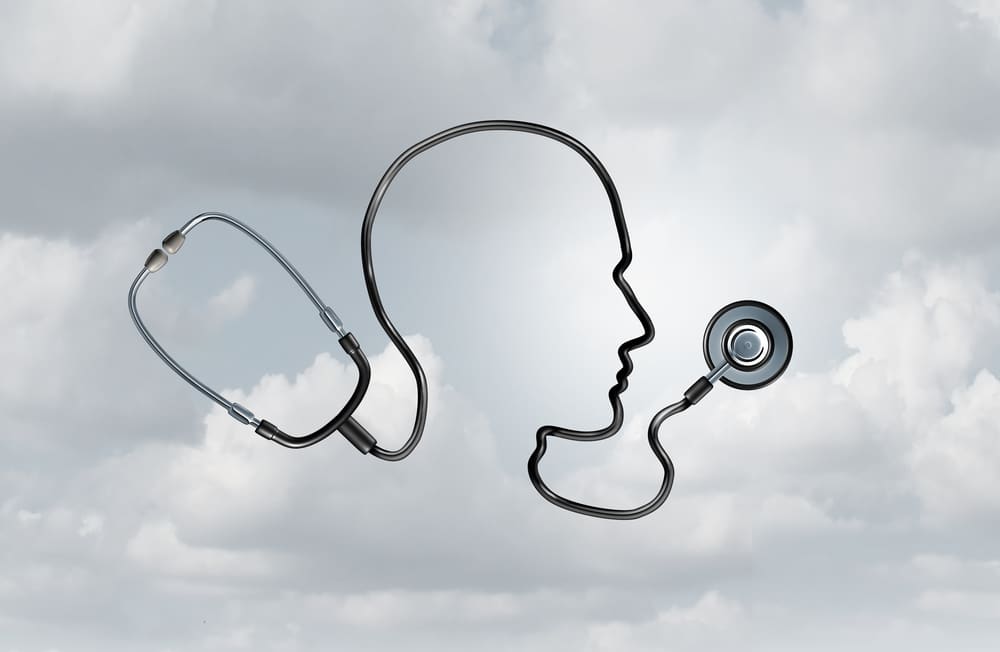This mental illness severely affects how a person feels, thinks, and behaves. Living with schizophrenia, or someone diagnosed with schizophrenia, is not easy.
Fortunately, there are multiple effective schizophrenia treatments available.
The 3 Categories of Schizophrenia Symptoms
But first, let’s talk about symptoms. Symptoms of schizophrenia are usually divided into three categories: psychotic symptoms, negative symptoms, and cognitive symptoms.
Psychotic symptoms can include:
- Delusions
- Hallucinations
- Abnormal thinking
- Odd behaviors
- Thought disorders
- Disorganized speech
- Losing a sense of reality
Negative symptoms, on the other hand, include”
- Reduced motivation in daily activities
- Difficulty showing or expressing emotions
- Having trouble functioning normally
- Withdrawal from family, friends and society
Lastly, cognitive symptoms include:
- Difficulty concentrating
- Processing information
- Difficulty paying attention
- Severe memory problems
For some schizophrenic patients, the cognitive symptoms are subtle. However, for some it can be instantly recognizable.
Causes of Schizophrenia
Schizophrenia is a complex mental condition. And the causes are usually difficult to pinpoint. However, here are some factors that may increase the risk of developing schizophrenia.
Factors can include genetics, the environment, and the person’s brain function, and structure.
Genetics play a huge role, because schizophrenia can sometimes run in the family. An individual’s environment also plays a role, as well as their brain function, and structure.
Schizophrenia Treatments
Treatments for schizophrenia may include different medications and therapies. The patient may be prescribed antipsychotic medications, either taken orally everyday or injected once or twice a month.
Psychosocial treatments may also be recommended to help address a patient’s negative and cognitive symptoms. This may include cognitive behavioral therapy, supported employment, behavioral skills training, or a mixture of any of these.
Support from the patient’s family, friends, colleagues and peers also play an integral role. There are different educational programs for family and friends of those diagnosed with schizophrenia. These programs help them learn about the illness, treatments, and strategies for taking care of a person diagnosed with schizophrenia.
Being diagnosed with Schizophrenia can be intimidating. And because Schizophrenia is such a complex and serious mental illness, it should not be taken lightly.
This mental illness severely affects how a person feels, thinks, and behaves. Living with schizophrenia, or someone diagnosed with schizophrenia, is not easy. Fortunately, there are multiple effective schizophrenia treatments available.
The 3 Categories of Schizophrenia Symptoms
But first, let’s talk about symptoms. Symptoms of schizophrenia are usually divided into three categories: psychotic symptoms, negative symptoms, and cognitive symptoms.
Psychotic symptoms can include:
- Delusions
- Hallucinations
- Abnormal thinking
- Odd behaviors
- Thought disorders
- Disorganized speech
- Losing a sense of reality
Negative symptoms, on the other hand, include”
- Reduced motivation in daily activities
- Difficulty showing or expressing emotions
- Having trouble functioning normally
- Withdrawal from family, friends and society
Lastly, cognitive symptoms include:
- Difficulty concentrating
- Processing information
- Difficulty paying attention
- Severe memory problems
For some schizophrenic patients, the cognitive symptoms are subtle. However, for some it can be instantly recognizable.
Causes of Schizophrenia
Schizophrenia is a complex mental condition. And the causes are usually difficult to pinpoint. However, here are some factors that may increase the risk of developing schizophrenia.
Factors can include genetics, the environment, and the person’s brain function, and structure.
Genetics play a huge role, because schizophrenia can sometimes run in the family. An individual’s environment also plays a role, as well as their brain function, and structure.
Schizophrenia Treatments
Treatments for schizophrenia may include different medications and therapies. The patient may be prescribed antipsychotic medications, either taken orally everyday or injected once or twice a month.
Psychosocial treatments may also be recommended to help address a patient’s negative and cognitive symptoms. This may include cognitive behavioral therapy, supported employment, behavioral skills training, or a mixture of any of these.
Support from the patient’s family, friends, colleagues and peers also play an integral role. There are different educational programs for family and friends of those diagnosed with schizophrenia. These programs help them learn about the illness, treatments, and strategies for taking care of a person diagnosed with schizophrenia.








